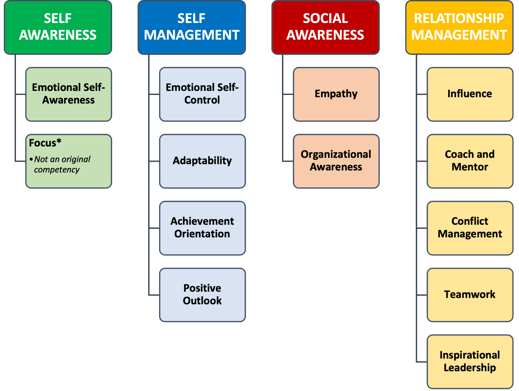
Emotional Intelligence
Emotional intelligence is vital because it contributes to healthier relationships, improved communication, better stress management, sound decision-making, effective leadership, personal growth, and a more empathetic and harmonious society. It enhances every aspect of life, from our interactions with loved ones to our success in the workplace and our overall well-being.
Emotional intelligence is crucial in life for several compelling reasons:
Enhanced Relationships: Emotional intelligence helps individuals navigate social interactions effectively. It allows them to understand and manage their own emotions, as well as empathize with the feelings of others. This fosters healthier, more meaningful relationships, both personally and professionally.
Effective Communication: People with high emotional intelligence are better communicators. They can express themselves clearly and listen attentively to others. This skill is vital for resolving conflicts, negotiating, and collaborating with others successfully.
Stress Management: Emotional intelligence equips individuals with the tools to handle stress and adversity more constructively. It enables them to recognize and manage their own stressors and, in turn, helps reduce the negative impact of stress on their physical and mental well-being.
Decision-Making: Emotionally intelligent individuals are better at making sound decisions. They can weigh their emotions alongside rationality, ensuring that their choices align with their values and long-term goals.
Leadership: In leadership roles, EQ is indispensable. Leaders with high emotional intelligence can inspire, motivate, and understand their team members on a deeper level. This leads to a more engaged and productive workforce.
Self-Awareness: Emotional intelligence begins with self-awareness. It enables individuals to recognize their own strengths and weaknesses, fostering personal growth and a sense of purpose in life.
Conflict Resolution: Conflicts are a natural part of life, but EQ provides the tools to navigate them effectively. It encourages open dialogue, compromise, and finding common ground, reducing the negative impact of conflicts on relationships and personal well-being.
Empathy: Empathy, a core component of emotional intelligence, allows individuals to connect with others on a profound level. It promotes a sense of unity, compassion, and understanding in a diverse and interconnected world.
Daniel Goleman’s modified model of Emotional Intelligence:






